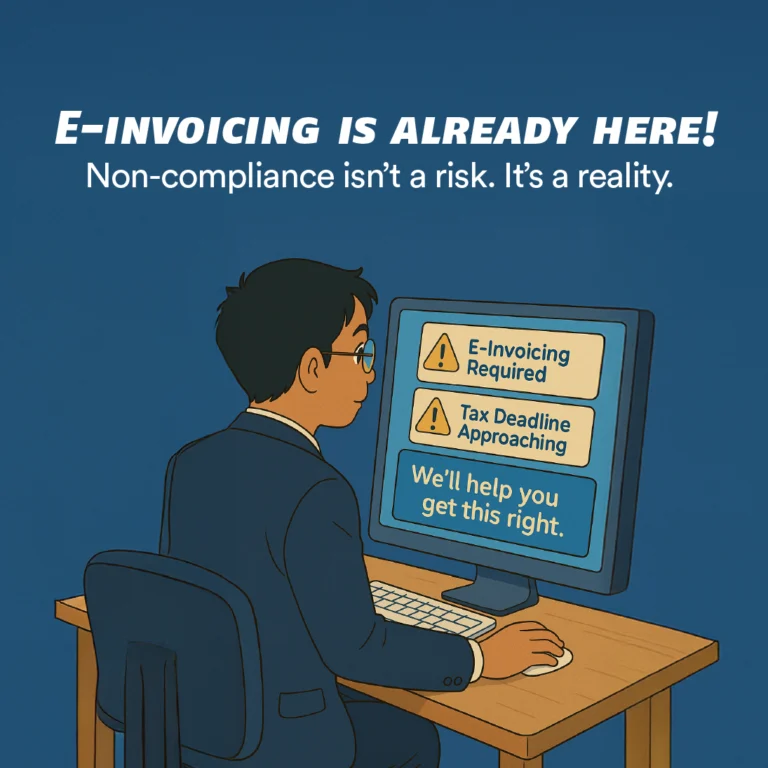In the workplace, fairness is not just about doing what is right. It is about showing others that the right thing is being done.
When disciplinary issues arise, few processes carry as much weight and complexity as the Domestic Inquiry (DI). Although often misunderstood or mishandled, this critical step in employee discipline is not merely a legal requirement. Instead, it serves as a cornerstone of ethical leadership and organisational justice.
Without a proper structure, the disciplinary process can quickly unravel. Moreover, when leaders break employees’ trust in fairness, the damage often spreads far beyond the individual case.
Why Domestic Inquiry Exists
A Domestic Inquiry is not just a formality. Rather, it serves two essential principles:
- To enable the employer to prove a charge of misconduct before applying any punishment
- To give the accused employee a full and fair opportunity to defend themselves
The “Twin Pillars” of natural justice form the foundation of these rights:
- No person should face condemnation without first being heard.
- No person shall sit in judgment in their own cause or where they have an interest
When the DI process lacks proper execution, employees may challenge the outcome, and the employer’s credibility and culture can deteriorate.
Key Stages of a Domestic Inquiry
To fully understand the role of a Domestic Inquiry, it is helpful to view it not as a one-time event, but as a structured and legally sensitive process. Each step builds on the previous one, requiring care, neutrality, and consistency.
1. Identifying Misconduct
Clear identification and classification of misconduct is the foundation. Misconduct can be major or minor, depending on impact, intent, and recurrence. Vague or unsupported allegations can weaken the case and undermine fairness.
2. Following the Disciplinary Process
This includes issuing show-cause letters, conducting preliminary investigations, and reviewing all relevant policies and contracts. Consistency and documentation are critical at this stage.
3. Conducting Pre-DI Activities
These include:
- Assigning the panel and prosecution officers
- Ensuring no conflict of interest
- Communicating the date and time of the inquiry clearly to the employee
- Inform the employee of their right to be heard and to call witnesses.
4. Handling the Investigation
Employers must conduct investigations based on facts and within reasonable timeframes. Poor handling of evidence, improper documentation, or delayed action can compromise the legitimacy of the entire process.
5. Understanding Roles and Responsibilities During DI
Each party has a clear role:
- Panel must remain neutral and unbiased
- Prosecution Officer presents the case on behalf of the company
- Employee (Accused) has the right to present a defense, submit documents, and call witnesses
6. Prosecution of the Case
The goal of the prosecution is not to punish, but to prove the misconduct fairly and objectively. This includes presenting facts, calling witnesses, and supporting claims with proper documentation. Objectivity is key.
7. Structuring the DI Process
A structured sequence ensures clarity and fairness. This includes:
- Calling the inquiry to order
- Reading of charges
- Presentation of evidence and witnesses
- Cross-examination
- Closing submissions
- Deliberation and findings
8. Managing Question-Handling Gracefully
Questioning must remain respectful, focused, and unbiased. Leading or aggressive questions can compromise the inquiry and trigger procedural objections. Ultimately, the DI should be a search for truth not a battle of intimidation.
Why It Matters More Than You Think
Many organisations treat DI as a mere compliance exercise. However, it goes much deeper. A fair and transparent inquiry signals to all employees that the organisation takes justice seriously.
When mishandled, the consequences may include:
Poorly managed DIs lead to:
- Legal disputes or reinstatements
- Employee disengagement
- Reputational harm
- A culture of silence or fear
A well-handled DI builds:
- Organisational integrity
- Transparency in decision-making
- Respect for HR systems
- Confidence in leadership
Moving from Procedure to Principle
Ultimately, organisations should avoid reducing a Domestic Inquiry to a mere checklist. It reflects how much an organisation values integrity, transparency, and accountability. When employers treat DI as an expression of these values, not just a legal obligation. They build a culture of fairness and trust.
In the workplace, leaders must not only deliver justice but also ensure that others can see it being upheld.










